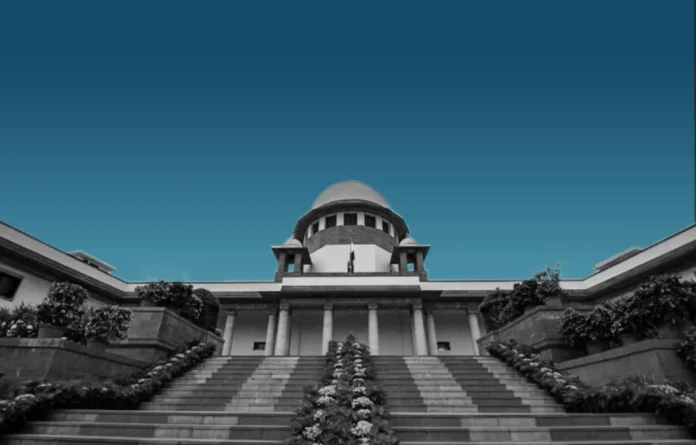The Supreme Court on Wednesday modified the Calcutta High Court order that imposed cost on the Central government over its delay in filing an appeal against acquittal under the Narcotic Drugs and Psychotropic Substances (NDPS) Act.
The Bench of Justice MM Sundresh and Justice K Vinod Chandran reduced the quantum of the cost from Rs one lakh to Rs 50,000. It further directed that the cost should be deposited by the Union government and not the officers involved in the making and filing of the appeal, as directed by the High Court.
The Apex Court passed the verdict on a petition challenging the High Court’s judgment of June 16, 2025.
A Special Court had acquitted the accused in an NDPS case under Sections 25A/29 of the Act on June 7, 2024. The Union government challenged this verdict before the High Court on March 17, 2025 under Section 5 of the Limitation Act.
During initial hearings, the High Court noted that the delay ordained in filing of the appeal was not sufficiently explained by the government in its application. It further observed that the petition was filed without an application seeking leave to appeal under Section 387(3) of CrPC [corresponding to Section 419(3) of BNSS].
The High Court granted opportunity to the Centre to rectify the error. The Union government filed the requisite application on June 13, 2025, followed by a detailed report explaining that the department concerned had acted in good faith in pursuing the appeal.
The High Court, however, permitted the appeal to be withdrawn and ordered payment of Rs one lakh cost.
The Centre moved the Apex Court on the grounds that the cost imposed was manifestly unjust and disproportionate to the nature of the lapse.
The top court of the country observed that the Centre filed the application after a considerable length of time. There must be either the fault of either the Union government’s lawyer or its officer.
Appearing for the Centre, Additional Solicitor General SD Sanjay requested the Court for some observations in its order on delayed appeals, conceding that there were disturbing and recurring delays in their filing despite writing to the officers. He added that the Court’s observations would help the matter.


